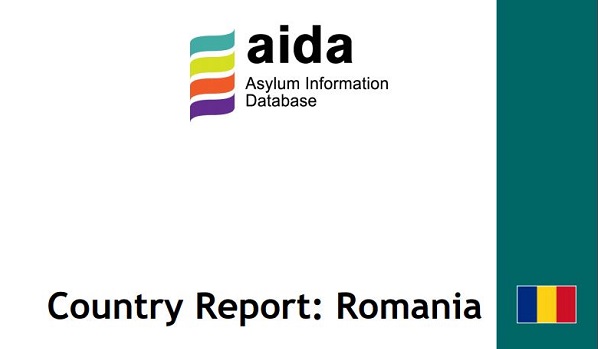The updated Country Report on Romania documents the main developments in the area of asylum procedures, reception conditions, detention of asylum seekers and content of international protection in 2019.
Reports from UNHCR Serbia show that in 2019 1,561 persons were collectively expelled from Romania to Serbia, with higher numbers registered in the last months of the year. This is an increase in the number in comparison to 2018 (during which 746 persons were collectively expelled). The Border Police reported that a total of 2,048 persons were apprehended for irregular entry in 2019. In 2019, as well as in 2018, it was reported that unaccompanied children who were apprehended trying to cross irregularly the border from Serbia to Romania, were prosecuted for having crossed illegally the border and for migrant smuggling. The children were held in pre-trial detention.
In 2019, 2,587 first time applicants applied for international protection. The availability and quality of interpretation has remained an issue, throughout 2019, including at the border. In some regions the authorities still use double interpretation. In 2019 interviews were conducted through videoconferencing in most of the regional centres, when there was no interpreter of certain languages.
On 10 October 2019 the Integration Ordinance No 44/2004 was amended. Following these amendments the timeline for submitting the application for inclusion in the integration programme was prolonged from 30 days to 3 months from the date the international protection was granted. The duration of integration programmes for beneficiaries of international protection is also prolonged from 6 months to 12 months, with the possibility of extension for another 6 months. Beneficiaries of international protection who participate in integration programmes and have no financial means have the right to stay in Regional Centres or in other facilities managed by the Ministry of Internal Affairs for a general period of 12 months instead of 6 months, with the possibility of extension for another 6 months. Until the first month of payment of the non-refundable financial aid, beneficiaries of international protection receive financial assistance equal to that granted to asylum seekers, within the limits of available funds, for a maximum of 3 months, instead of 2 months. The amendments provide for a more consistent participation of NGOs and local authorities in the integration programme.
In 2019, 793 beneficiaries of international protection were enrolled in the integration programme, down from 1,146 in 2018, of whom 450 started in 2019 and the rest continued the programme started in 2018.
Please note that this report has largely been written prior to the outbreak of COVID-19 in Romania. Subsequently measures have been taken that impact the asylum procedures. These measures do not figure in this AIDA report. However, a brief overview can be found at the start of the section ‘Overview of the main changes since the previous report update’.
*This information was first published by AIDA, managed by ECRE.
This article appeared in the ECRE Weekly Bulletin . You can subscribe to the Weekly Bulletin here.

